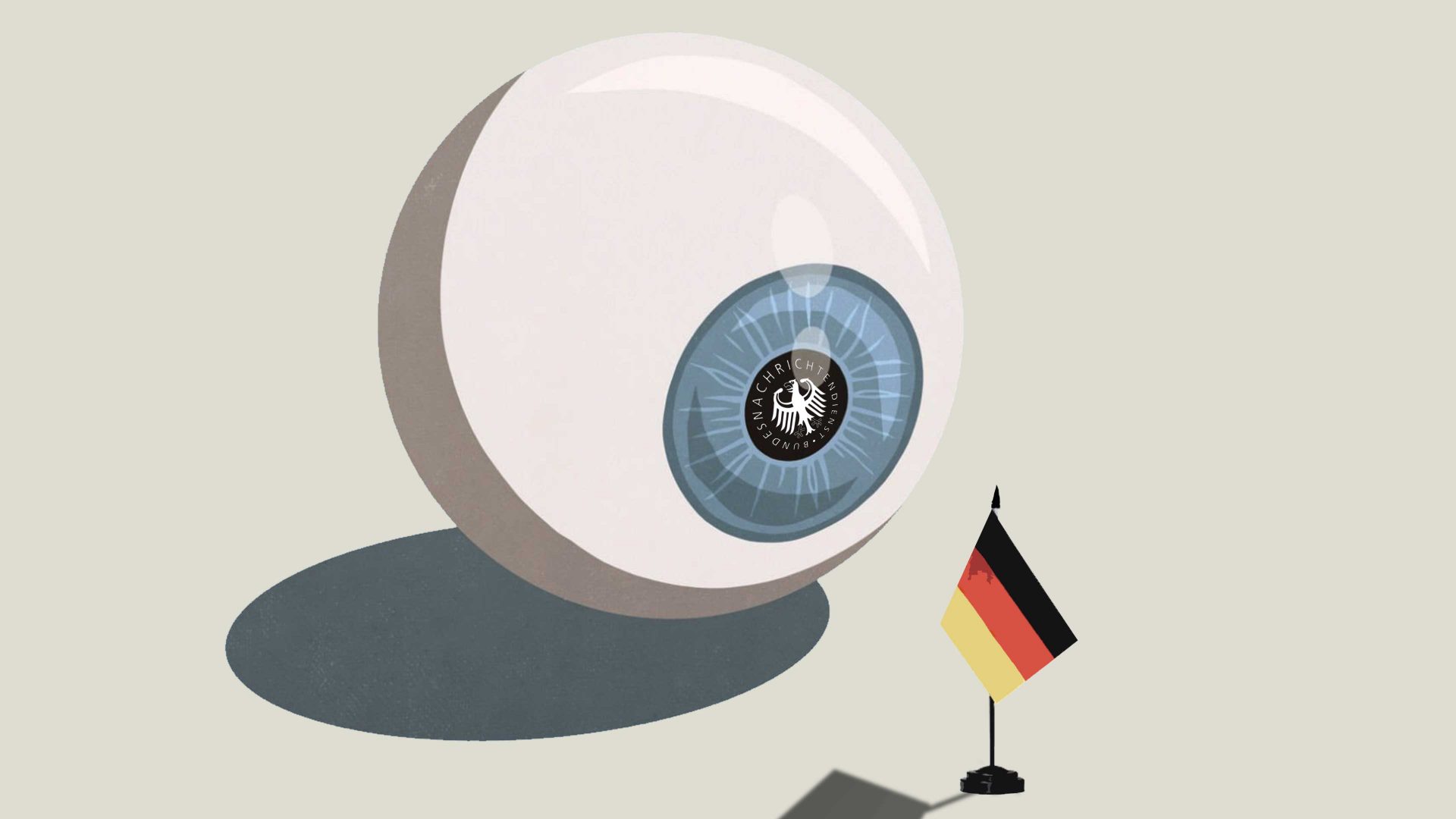The world of espionage is undergoing an identity crisis. At least in Germany, where the Bundesnachrichtendienst (BND) – that’s the Federal Intelligence Service for all things outside the fatherland – is finding it increasingly difficult to recruit new spies. And chefs, IT specialists and lorry drivers, for that matter.
Admittedly, the BND has never had the mystique of being a glamorous playground for James Bond types. Founded in 1956, there were no Aston Martins with ejector seats, no shaken-not-stirred martinis, and definitely neither Sean Connery- nor Daniel Craig-esque figures in tuxedos lurking in the shadows.
It succeeded the Gehlen Organisation (or The Org, for those in the know), set up in 1946 in the US occupation zone and staffed with former members of the Nazi Party, the SS and the Gestapo, but most importantly the Wehrmacht section Fremde Heere Ost (Foreign Armies East, or FHO).
It was headed by Reinhard Gehlen, a Nazi Party member, former major general and head of military intelligence on the Eastern Front. In 1945, career-orientated Gehlen and his most trusted aides secretly buried the entire FHO archive in 50 steel crates in the Bavarian mountains.
After interrogation at a special POW camp in Virginia, US intelligence officers came to value Gehlen’s knowledge. So from its beginnings, our foreign intelligence didn’t chase the Blofelds and Goldfingers. Instead, The Org was once described as a “spooky Nazi shop in Pullach”, its Bavarian headquarters, but also as “the only eyes and ears of the CIA on the ground in the Soviet bloc”.
BND today is up against entirely new challenges in the spy recruitment saga. Turns out that being a secret agent isn’t as cool as it was always portrayed.
In the digital age, it is often about staring at screens. BND is in dire need of cyber-spies, but it’s up against the very best in the tech world.
Why be a hacker for the BND on a civil service salary when you could conquer Silicon Valley, code for Google or design a must-have app? Espionage, meaningful as it can be, doesn’t offer stock options or standing desks, and from what I hear BND’s Berlin HQ doesn’t have free sushi or beanbags.
So, in March, the BND launched a recruitment campaign to tackle its branding problem among Gen Z. Slogans like “We are looking for terrorists, m/f/d. Find them with us” were plastered across railway stations, bus stops, YouTube and Instagram.
“No shaking, no stirring”, read another one, “Just apply”. And: “Imagine you’re wanted by the BND” or “Desk in Berlin – operations worldwide”.
Since the campaign, a BND spokesperson claimed they had received “several thousand applications. More than twice as many as usual.” But the lack of secret agents remains unchanged.
The BND has 6,500 employees, but according to media reports more than 700 positions are vacant. And while the catchy campaign reached 10 million people and attracted 10,000 applications, no one has been hired. One reason: the process takes 13 months. Another: 40% of applicants do not pass the security clearance.
And then there’s the general issue of, well, not being allowed to truthfully answer “I spy” to “How was your day, darling?”. You are not allowed to tell anyone what you actually do – not your family, not your partner.
Working from home in your PJs? Not an option either.
To make things worse, intelligence officers are more likely to call in sick. According to the latest figures, more than 1,000 BND officers had 30 or more days of absence in the last year.
Which may have to do with the absence of air conditioning. The eight-year-old Berlin-Mitte offices cost around €1.1bn, but a cool breeze was only included around highly sensitive laboratory and computer technology, and tap-proof conference rooms.
Another cause for frustration appears to be the job rotation. Analysts who have spent years deciphering Iran’s nuclear ambitions can find themselves moved to the South America desk.
And then there’s the fact that, due to legal restrictions, the BND, along with Germany’s domestic intelligence, relies heavily on US and British support. And, after having pretty much stopped cloak and dagger operations in the former USSR during the “end of history” 1990s, BND now faces the unenviable task of living up to its former reputation regarding the Russkis.
So far, BND is not winning the infowar. On the plus side, its recruitment campaign just won against Nutella at an award for “best advertising”.




